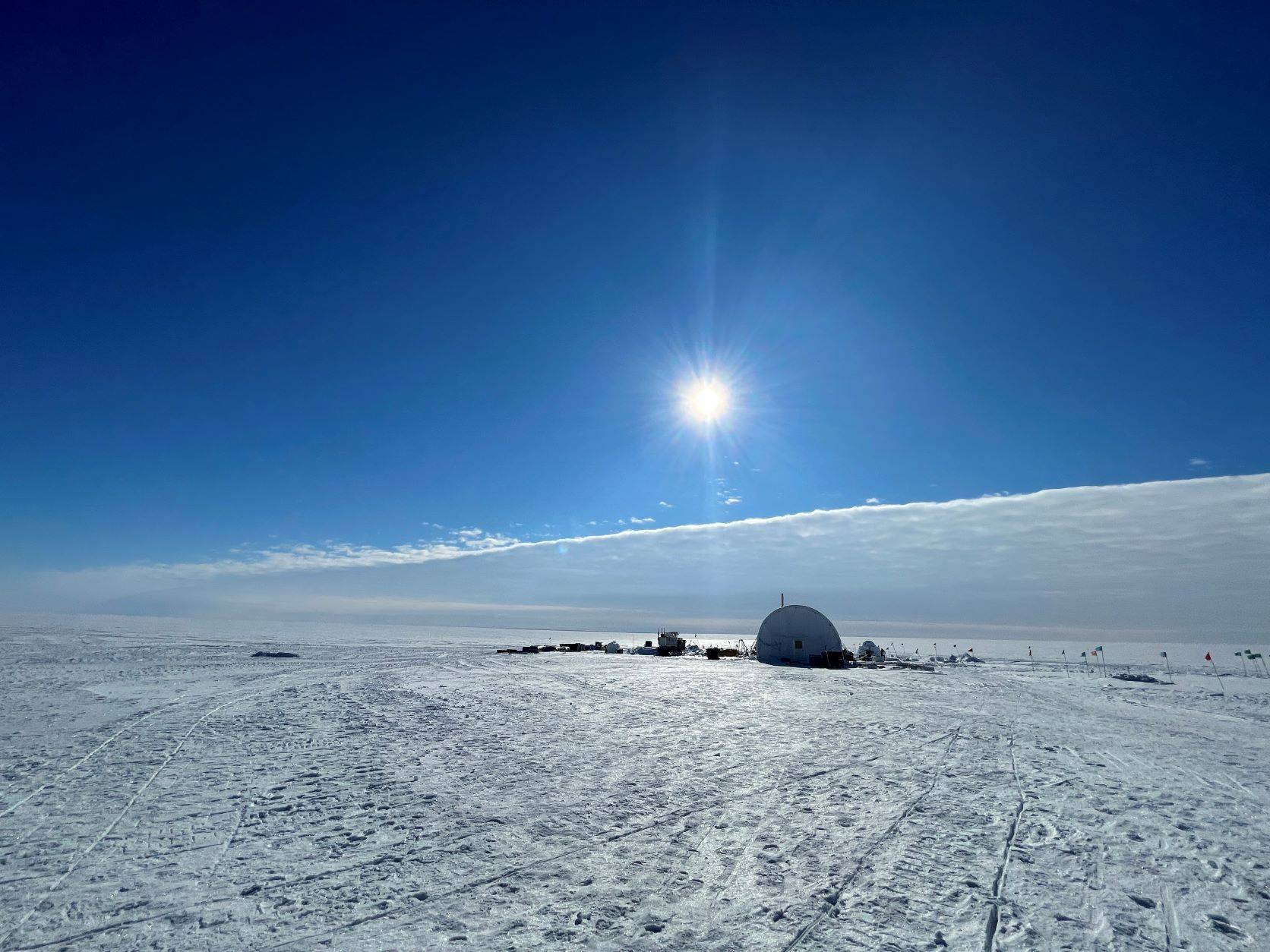A team of drillers, engineers, and researchers will depart from Christchurch, New Zealand, for Antarctica on Nov. 16, traveling to the southeast margin of the Ross Ice Shelf, where they will drill 650 ft. into the seafloor in an effort to better understand how fast the West Antarctic Ice Sheet (WAIS) is melting. Colgate Geology Professor Amy Leventer will study these drill cores once they are collected.
Researchers are concerned that the giant Antarctic ice sheet, which holds enough ice to raise sea levels by more than 16 feet, will retreat regardless of what humans do to limit carbon dioxide production, but it remains unclear how quickly melting will occur.
The team will use a custom-built hot water drill to melt a ft.-wide35-centimeter hole in the ice to make way for a diamond-studded hollow drill bit to descend to the ocean floor to bore deep into the sediment below.
Leventer, who is the Harold Orville Whitnall Professor of earth and environmental geosciences at Colgate, is part of the National Science Foundation grant-funded expedition team. The geological samples the team plans to collect should provide a record of changing rock types that reflect the environmental conditions at the time they formed.
“The hope is that these records will provide insights into West Antarctica’s past and Earth’s future,” said Leventer.
More than 120 people from 35 international research organizations are collaborating on the major effort, dubbed Sensitivity of the West Antarctic Ice Sheet to Two Degrees Celsius (SWAIS2C). The $5.4 million research endeavor, which is being funded by a number of contributors, includes researchers from New Zealand, the United States, Germany, Australia, Italy, Japan, Spain, the Republic of Korea, the Netherlands, and the United Kingdom.
The National Science Foundation’s Office of Polar Programs is providing financial support for the research activities of the U.S. scientists from Binghamton University, Central Washington University, Colgate University, Colorado School of Mines, Columbia University, Indiana University-Purdue University-Indianapolis, the Ohio State University, Northern Illinois University, the University of Massachusetts Amherst, and the University of Nebraska-Lincoln.
